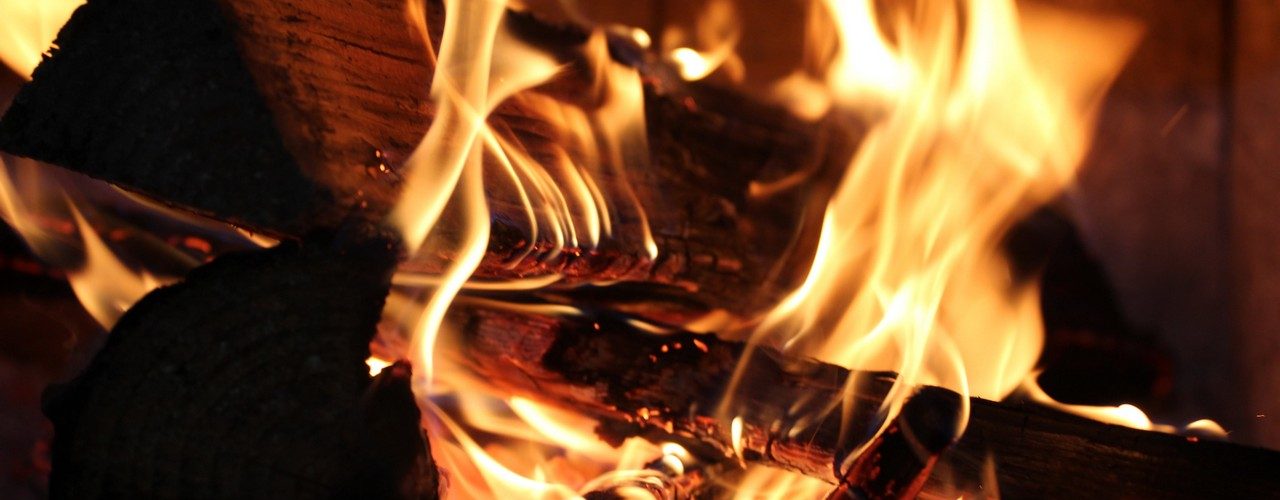On February 3, 2022, the ECJ issued its decision in the case C-515/20 (Finanzamt A).
Context: Directive 2006/112/EC – Interpretation of the term ‘wood for use as firewood’ in Article 122 – Admissibility of the coverage of Article 122 established by a Member State using the Combined Nomenclature – Applicable criteria
Article in the EU VAT Directive
Article 98(3), 122 of the EU VAT Directive 2006/112/EC
Article 98
1. Member States may apply either one or two reduced rates.
2. The reduced rates shall apply only to supplies of goods or services in the categories set out in Annex III.
The reduced rates shall not apply to electronically supplied services.
3. When applying the reduced rates provided for in paragraph 1 to categories of goods, Member States may use the Combined Nomenclature to establish the precise coverage of the category concerned.
Article 122
Member States may apply a reduced rate to the supply of live plants and other floricultural products, including bulbs, roots and the like, cut flowers and ornamental foliage, and of wood for use as firewood.
Facts
The parties differ on the application of the reduced sales tax rate with regard to the supply of wood chips. In December 2015, the applicant supplied wood chips to various customers and charged them 7% VAT. The defendant maintains that it is not the reduced sales tax rate of 7%, but the normal tax rate (19%) that should be applied to the applicant’s supplies, which the applicant disputes.
Consideration:
The German legislature has determined that the tax on supplies of certain types of wood is reduced to 7%. Annex 2 to the law refers to the CN (Combined Nomenclature). Deliveries of wood chips are not eligible for the reduced tax rate because they are to be classified as wood in the form of chips or small pieces under other CN subheadings. The wood chips at issue in this case are intended solely for use as combustion material. The first question concerns the interpretation of the term ‘firewood’ in Article 122 of the VAT Directive. Next, the referring court doubts whether, when applying the option in Article 122 of the VAT Directive, the Member States have the power to use the CN for the purpose of determining the correct definition of the scope of a reduced tax rate for supplies of firewood. Finally, the referring court has doubts as to the criterion for determining whether two goods are similar.
Source Minbuza.nl
Other datenbank.nwb.de
Questions
1. Is the term “firewood” in Article 122 of Directive 2006/112 / EC to be interpreted as including all wood which, according to its objective properties, is intended solely for burning?
2. Can a Member State that creates a reduced tax rate for deliveries of firewood on the basis of Art. 122 of Directive 2006/112 / EC , its scope of application in accordance with Art. 98 (3) of Directive 2006/112 / EC on the basis of the combined nomenclature delimit exactly?
3. If the answer to the second question is in the affirmative: Can a Member State use the power granted to it by Article 122 of Directive 2006/112 / EC and Article 98 (3) of Directive 2006/112 / EC to change the scope of the tax rate reduction for supplies of Distinguish firewood using the Combined Nomenclature, while observing the principle of fiscal neutrality, so that deliveries of different forms of firewood, which differ in their objective characteristics and properties, but from the point of view of an average consumer according to the criterion of comparability in use, are the same Need (here: heating) serve and thus compete with each other, subject to different tax rates?
AG Opinion
None
Decision (Unofficial translation)
1. Article 122 of Council Directive 2006/112/EC of 28 November 2006 on the common system of value added tax is to be interpreted as meaning that the term “firewood” within the meaning of that article means any wood which, according to its objective characteristics, is intended solely for burning is.
2. Article 122 of Directive 2006/112 must be interpreted as meaning that a Member State which, by application of that provision, creates a reduced rate of VAT for supplies of firewood may limit the scope of its application to certain categories of supplies of firewood on the basis of the combined nomenclature, provided that the principle of fiscal neutrality is observed.
3. The principle of fiscal neutrality must be interpreted as not precluding the supply of wood chips from being excluded under national law from the reduced rate of VAT, although under national law supplies of other forms of fuel wood benefit from that rate, provided that wood chips and these other forms of firewood are not interchangeable for the average consumer. It is for the referring court to determine that.
Summary
The Court of Justice of the EU has ruled that the term ‘firewood’ refers to all wood that, on the basis of its objective properties, is exclusively intended to be burned. It is not against EU law that Germany excludes the supply of wood chips from the reduced rate.
Source
Similar ECJ cases
Newsletters















